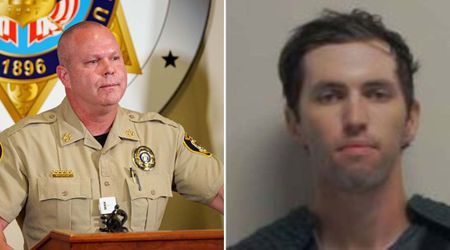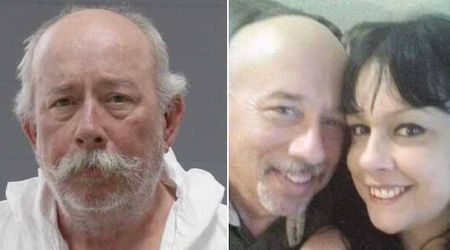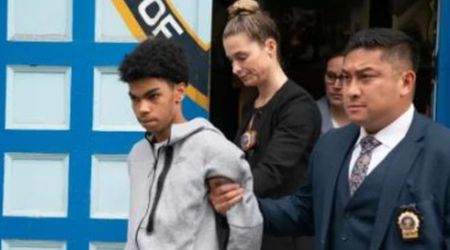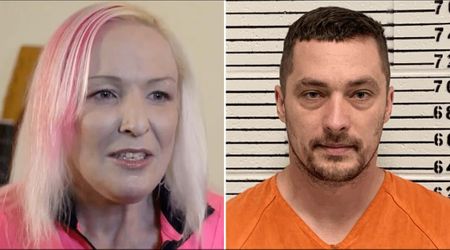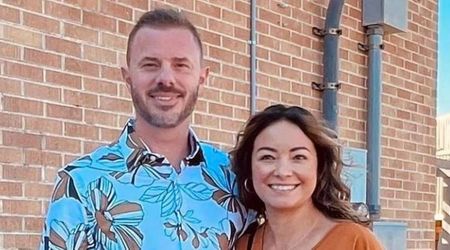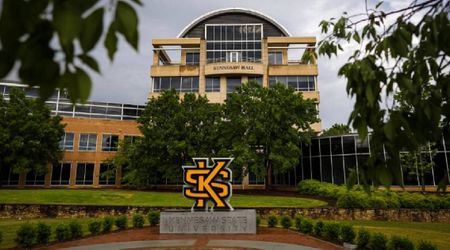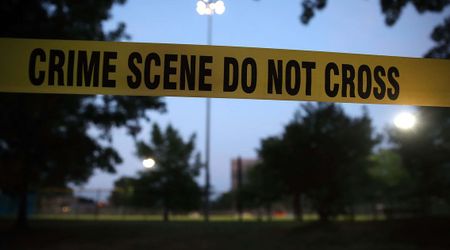Robert Card: Maine mass shooter's family releases details on army reservist's traumatic brain injury
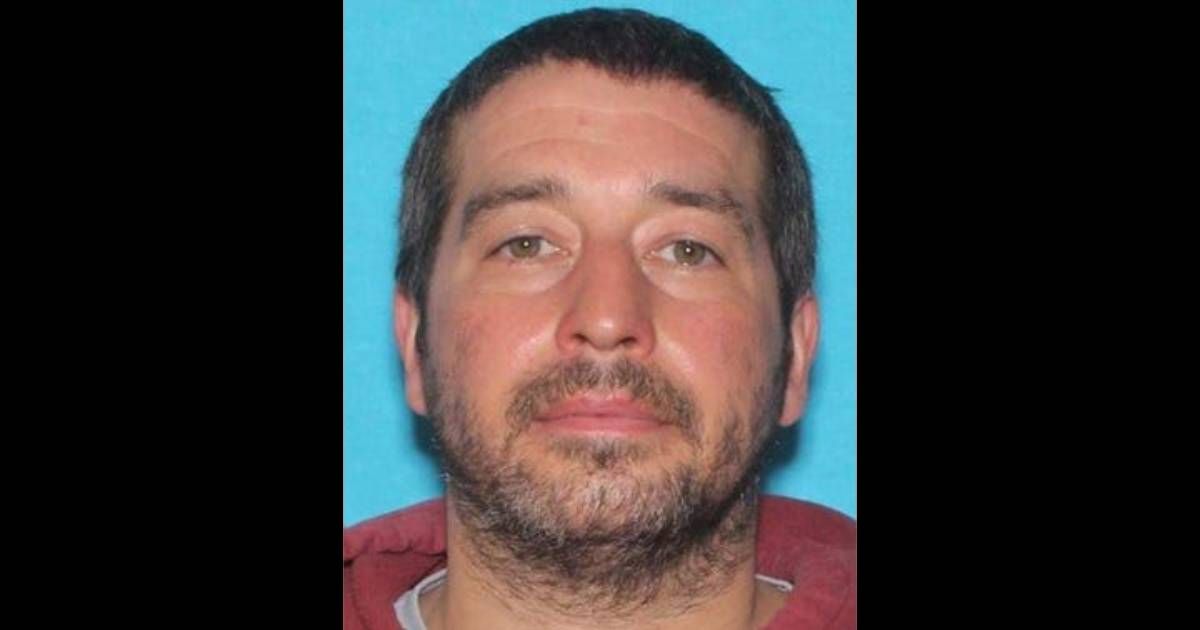
Warning: This article contains a recollection of crime and can be triggering to some, readers’ discretion advised.
LEWISTON, MAINE: The family of Robert Card III, the Army Reservist responsible for the devastating mass shooting in Maine last year, has disclosed details about his likely traumatic brain injury.
Card, who killed 18 people and injured numerous others, was linked to a traumatic brain injury stemming from his role as a military hand grenade instructor.
Robert Card's traumatic brain injury
"Evidence of a traumatic brain injury," released in collaboration with the Boston University Concussion Legacy Foundation, emerged from a thorough tissue analysis of Card's remains. “In the white matter, the nerve fibers that allow for communication between different areas of the brain, there was significant degeneration, axonal and myelin loss, inflammation, and small blood vessel injury,” Dr Ann McKee penned in a statement.
Card, a 40-year-old Army Reservist, had a prolonged tenure as an instructor at an Army hand grenade range, exposing him to "thousands" of low-level blasts, as highlighted by the Concussion Legacy Foundation. The devastating mass shooting occurred on October 25, 2023, at a bowling alley and bar in downtown Lewiston, where the suspect killed 18 and wounded 13 before being found dead from a self-inflicted gunshot wound inside a trailer after a two-day manhunt.

While there was no evidence of chronic traumatic encephalopathy, “These findings align with our previous studies on the effects of blast injury in humans and experimental models,” the physician added. “While I cannot say with certainty that these pathological findings underlie Mr Card’s behavioral changes in the last 10 months of life, based on our previous work, brain injury likely played a role in his symptoms."
Robert Card's family release brain study findings in bid for awareness
We want to begin by saying how deeply sorry and heartbroken we are for all the victims, survivors, and their loved ones, and to everyone in Maine and beyond who was affected and traumatized by this tragedy,” Card’s family said in a press release.
“We are hurting for you and with you, and it is hard to put into words how badly we wish we could undo what happened,” the grieving family added, noting that “while we cannot go back, we are releasing the findings of Robert’s brain study with the goal of supporting ongoing efforts to learn from this tragedy to ensure it never happens again.”
Manhunt continues for Maine mass shooter Robert Card.
— Daily Loud (@DailyLoud) October 27, 2023
Wednesday’s shooting rampage in Lewiston, Maine left 18 dead and 13 injured.
it is the deadliest mass shooting in the U.S. this year.
Robert Card should be considered armed and dangerous, police said. He is a certified… pic.twitter.com/u0eHt7HBe7
“By releasing these findings, we hope to raise awareness of traumatic brain injury among military service members, and we encourage more research and support for military service members with traumatic brain injuries."
Card's brain will continue to be studied by the Concussion Legacy Center. Army personnel are scheduled to testify before the state commission investigating the shooting, which stands as the deadliest in Maine's history, according to the Portland Press-Herald.

